You may be thinking, “This newsletter has nothing to do with me. My diabetic pet is already spayed or neutered. Why would I anesthetize my pet?” Then you remember how I repeatedly harp on our readers about the importance of dental care for diabetic pets. Remember how any sort of infection can cause insulin resistance? Dental disease and oral infection is a leading cause of insulin resistance. Unlike humans, pets won’t sit in a dental chair for 45 minutes with mouth wide open while we poke and prod and clean in there. They usually require anesthesia. Or, your diabetic pet might require anesthesia for other reasons, unrelated to diabetes or dental care. You might yet continue reading after all. Anesthetizing a diabetic pet takes forethought.
Why do we perform anesthesia on an empty stomach? (I tease my clients that we are “starving” the critter the morning of anesthesia.) As a former ER vet I can tell you that I have indeed anesthetized pets (say for laceration repair or other emergency situations) which haven’t been fasted for 8 to 12 hours. They all did fine, although I can recall a pet regurgitating while under anesthesia. That was messy! The risk associated with anesthesia in a non-fasted pet is due to potential nausea. Many anesthetics, pre-meds and pain meds can cause nausea. If a pet is awake, the pet will likely vomit. If the pet is under anesthesia and vomits or regurgitates (which can be quite subtle in an anesthetized pet) the pet could potentially aspirate (inhale) the vomit and the results can be horrific. It can affect oxygenation during the procedure and can result in pneumonia after anesthesia. Even with a cuffed endotracheal tube in place (that is the tube that snugly fits into the windpipe to deliver oxygen and gas anesthesia), the risk is real.
This is not just a matter of vets being picky. They do the same in human hospitals! Twenty five years ago I had to be anesthetized. I drank a glass of water at midnight the night before my 8 am procedure. Because of my glass of water I went from the first procedure of the morning surgery docket to the last procedure of the day. Recommendations are loosening up regarding drinking water prior to anesthesia. Most vets will now allow pets water up until the morning of the procedure but stop feeding the pet 8 to 12 hours before anesthesia. We don’t want the pet to be dehydrated for the procedure, and fluids exit the stomach more quickly than food will exit the stomach. Diabetics would be especially likely to become dehydrated if they were held off of water for 12 hours. We usually have a pet on IV fluids when anesthetized, but we don’t want to start off with a dehydrated patient if we can avoid it.
So, if you do find yourself needing to anesthetize your diabetic pet, speak with your veterinarian about the game plan! Know what time of day the procedure will occur. Dose the insulin and feed as you normally would the day before. Then comes the tricky part. If your pet’s anesthesia is scheduled first thing in the morning, I would advise skipping the breakfast and giving half the normal dose of insulin. Your vet will of course keep a close eye on the blood glucose levels before, during and after anesthesia. If your pet’s anesthesia won’t be until late morning or mid-day, consider giving the morning insulin (probably a half dose) and a small snack in the morning. See what your veterinarian prefers.
The take home message today is to ask your vet! Each situation and each patient is a tad bit different. My goal today is to help you understand why veterinarians do what we do.
NOTE: Consult your veterinarian to confirm that my recommendations are applicable for the health needs of your pet.
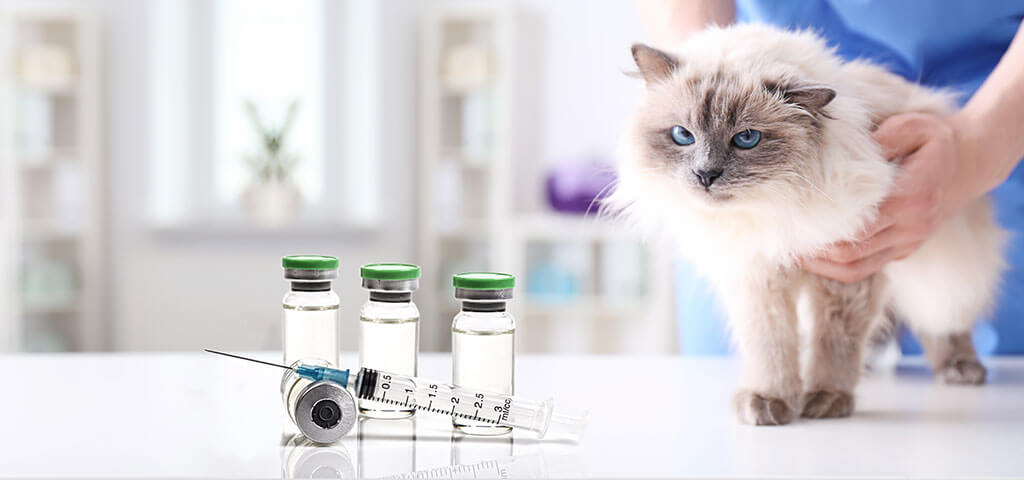
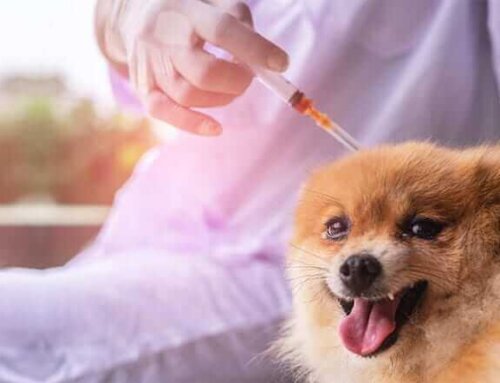
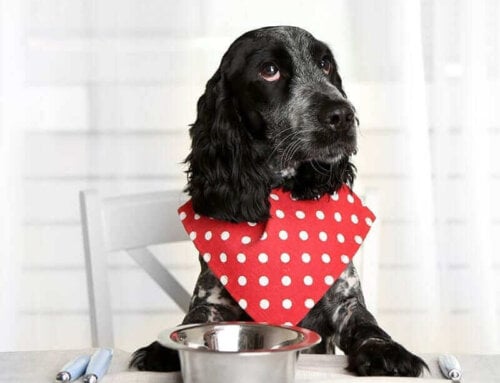
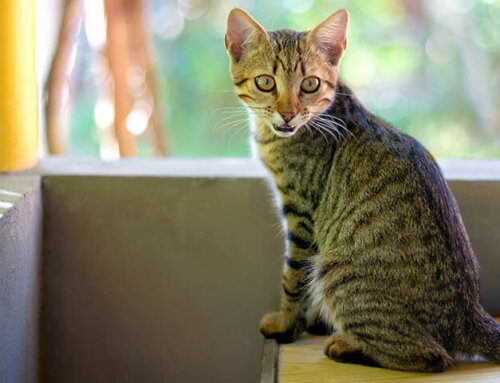
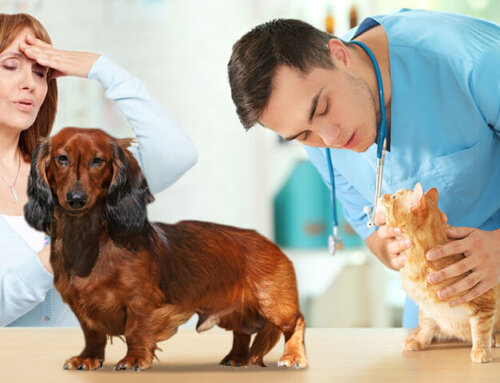
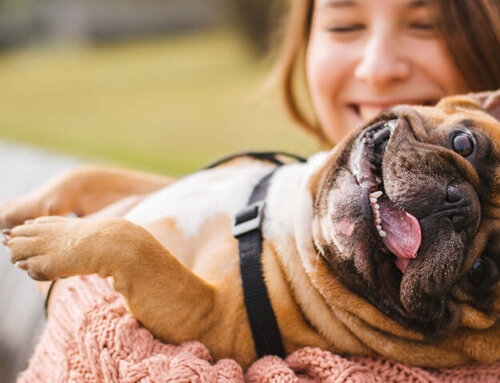
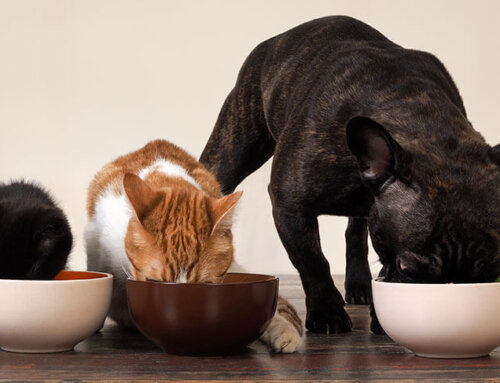
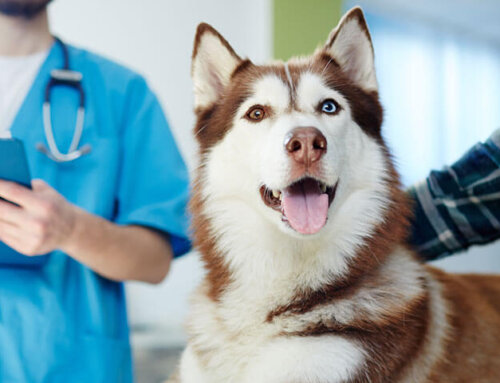
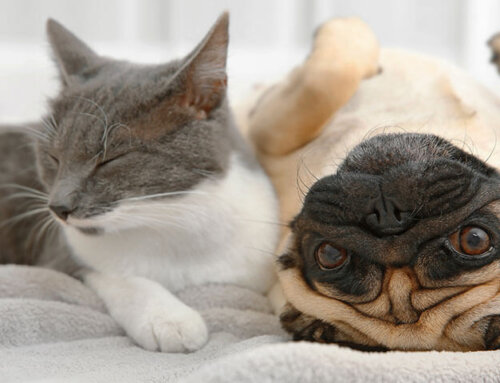
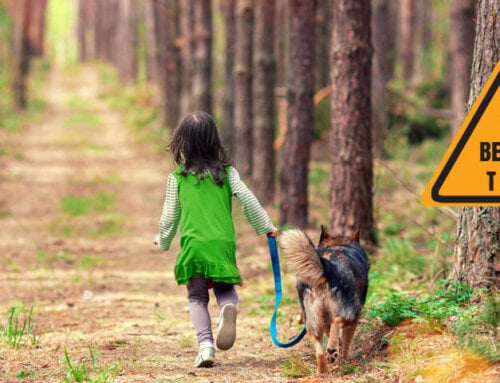
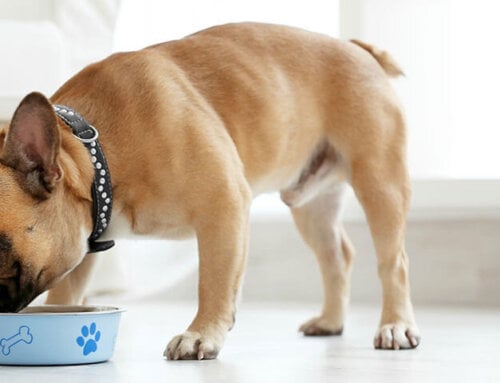
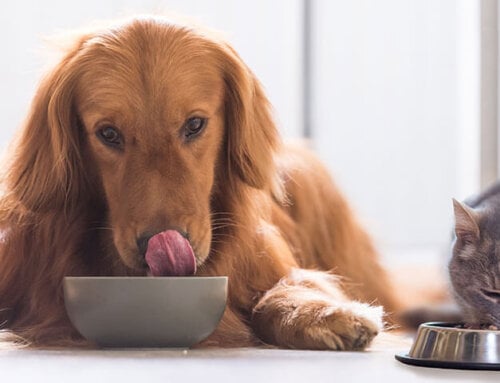
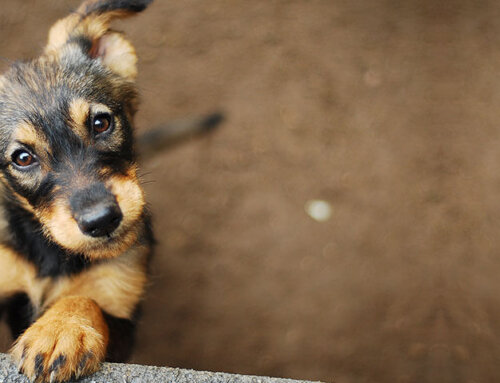
Leave A Comment